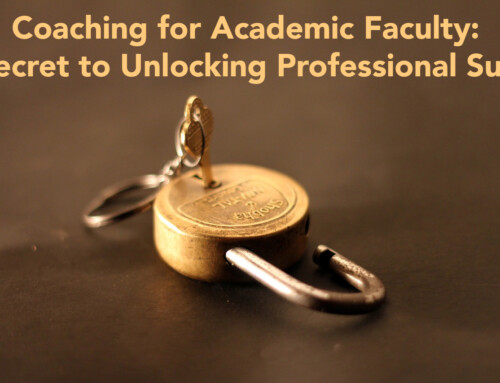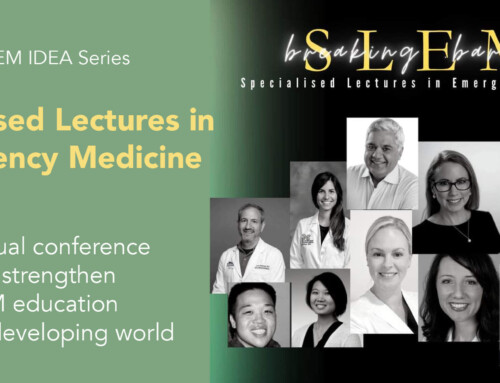
In this month’s ALiEM Book Club selection, Humble Inquiry: The Gentle Art of Asking Instead of Telling, author Edgar Schein describes a model of communication termed “humble inquiry” which he defines as “the fine art of drawing someone out, of asking questions to which you do not already know the answer, of building a relationship based on curiosity and interest in the other person”. Although a very quick read (100 short pages!), it is packed with profound insights about the way we communicate and a vision for what might be! Communication is so pertinent to our work in the medical field from encounters with our colleagues, our learners, and our patients. Striving to improve communication is a goal that every provider should have and this powerful book can help!
Schein first clarifies the concept of “here-and-now” humility, which is necessary precursor for true humble inquiry. Here and now humility is the recognition of one’s own dependence on another, especially with regards to information. Recognition of dependency is not just for subordinates but it is even more essential for those working in teams or in positions of power.
Consider for example anytime either you have taken a clinical case presentation from a junior learner or had to provide a presentation. Traditionally, this experience was fraught with anxiety or fear, especially if working with a supervising doctor who readily employed communication styles that were considered in the realm of “pimping” – a method whereby evaluative and trivial questions are asked in ascending hierarchical order, using power status to embarrass and humiliate learners in a group environment. For example, when a medical student is presenting a patient with sepsis the supervising physician might interrupt and ask “who coined the term sepsis?” When the student inevitably doesn’t know he shakes his head and turns to the resident. The student feels inadequate when they finally return to discussing the case. Instead consider how differently such an encounter would go if your supervising doctor employed strategies of humble inquiry, which would acknowledge that the learner has just spent a significant amount of time with the patient and holds a wealth of information.
With use of humble inquiry, the information can be gleaned from the learner and together the learner and the attending can come up with a treatment plan with educational pearls taught in a comfortable learning environment. But how to go about doing this and employing the strategy of Humble Inquiry?
“Humble inquiry is the fine art of drawing someone out, of asking questions to which you do not already know the answer, of building a relationship based on curiosity and interest in the other person.”
How to practice humble inquiry? Schein suggests:
Do less talking.
Do more asking.
Get better at listening to and acknowledging others.
Consider your own prior positive educational experiences. Likely the educator minimized interruptions. Questions may have been raised that were not answerable, but helped to foster thoughtful discussion. Most of all, you probably felt listened to and satisfied that the management plan was mutually generated.
Sounds easy, right? Wrong.
Schein explores many impediments to humble inquiry. In our organizations, norms about the expectations of superiors (attendings) and the preferred deference of subordinates (residents and medical students) make it unnatural for those in a position of power to ask for help. For example, in the current traditional model, the attending physician should not rely on the medical student. Furthermore, the task oriented, rather than personal nature, of many of our jobs makes fostering relationships difficult. Working through lunch and breaks instead of holding short teaching sessions or simply bonding over a meal happens far too frequently because there are so many clinical tasks to accomplish. Unfortunately, there are also forces within ourselves that prevent humble inquiry from being the norm. Occasionally the primitive instinct to be right, to one up another person, takes over. And sadly, sometimes the attending (or the resident, or the medical student) likes to be right, just because.
Applications for patient care
There are obvious advantages to humble inquiry that Schein outlines. Most examples were related to patient-safety issues but it seems that the advantages for patient-care might extend beyond allowing subordinates to speak up when they feel something is going wrong. There must be implications for patient care when junior learners, allied health care professionals, families and patients don’t just feel listened to, but are listened to.
Applications for medical education
Learners are asked many questions but often these questions are not coming from a place of humble inquiry. What muscle is this? What dermatome does it supply? What is the appropriate treatment plan? Schein discusses other forms of questioning, described here, including diagnostic inquiry, confrontational inquiry and process-oriented inquiry that are much more common in medical education but don’t necessarily promote relationships or cooperation towards a common goal. There seems to be a role for humble inquiry in the teaching role.
We look forward to hearing your thoughts about the book and about humble inquiry in our discussions in the comments section and on twitter.
* Thanks to Dr. Goldstein at Queen’s University for directing me to this book. He recommends it to all medical students rotating through the anesthesia department!
Questions for Discussion
- How might you apply the concept of humble inquiry to patient care? To medical education?
- Think about a situation in which you were the subordinate or had a lower status than another other person yet felt respected and acknowledged. Can you identify what the other person did to make you feel that way?
- What are impediments in our culture and within ourselves to practicing humble inquiry? And is humble inquiry appropriate in all circumstances?
ALiEM Bookclub Google Hangout
Want to join in the bookclub discussion?
Tweet us directly at @ALiEMBook
Use hashtag #ALiEMbook.
Watch this for more background on Humble Inquiry:
Disclaimer: We have no affiliations financial or otherwise with the authors, the books, or Amazon.





